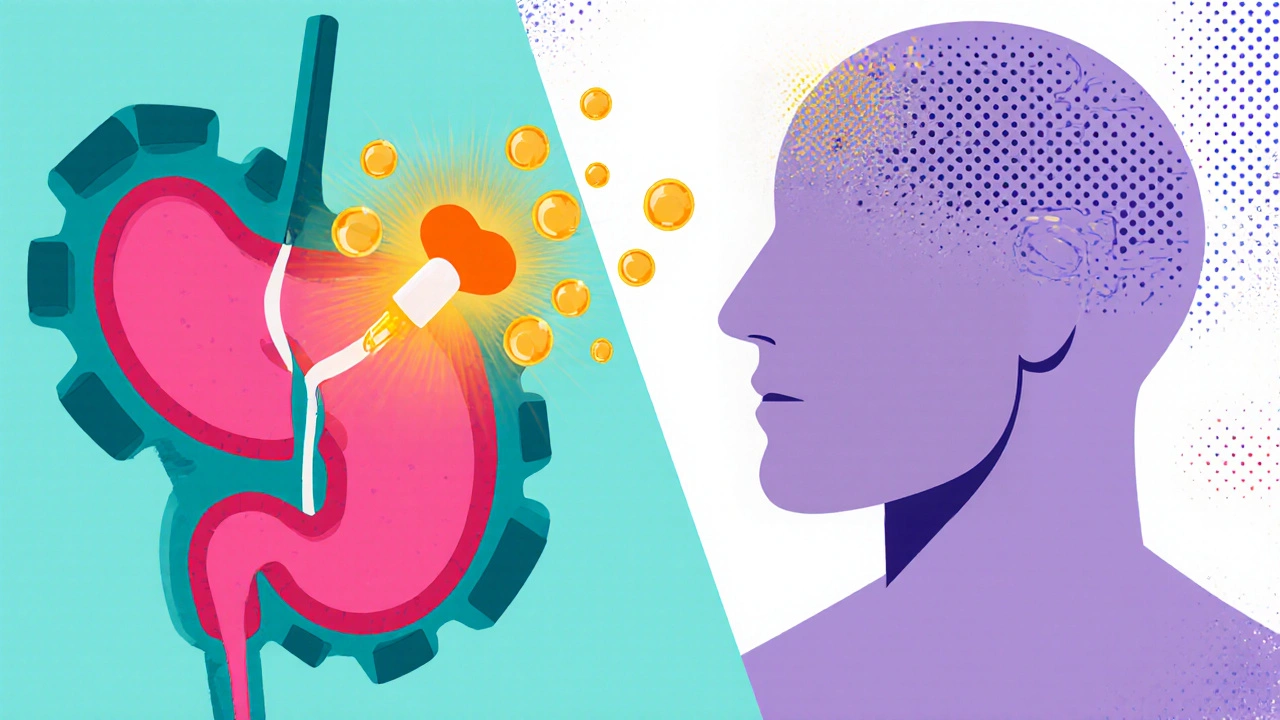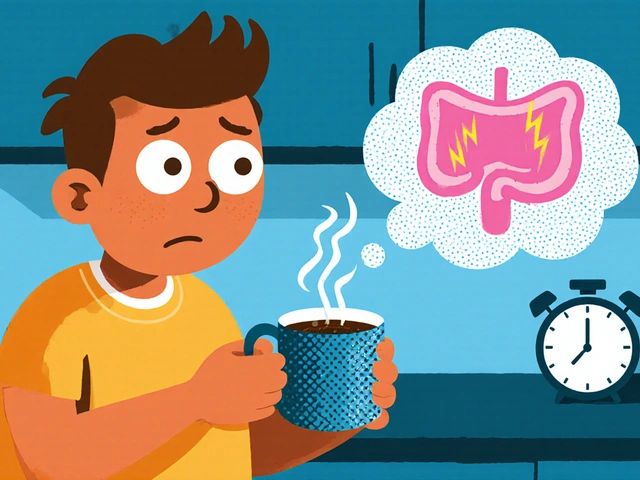Weight loss: practical tips, when meds help, and what to avoid
Want to lose weight without chasing every fad? Start with a clear plan: small habit changes that stack up. Real weight loss comes from a few steady moves—eating slightly less, moving a bit more, and fixing sleep and stress. Those three things change hormones and hunger more than any quick diet hack.
Before changing medications or trying supplements, ask: do you need medical help? If your BMI is high, you have diabetes, or weight affects daily life, a doctor can run tests and suggest safe options. Some people do fine with lifestyle changes alone. Others benefit from medicine when habits and health issues get in the way.
What about metformin and other medicines?
Metformin is a diabetes drug that sometimes helps people lose weight. Recent research from major medical centers found metformin can trigger processes similar to exercise for some people. That doesn’t mean it’s a magic pill—results vary and benefits are usually modest. Doctors most often use metformin when someone has type 2 diabetes or prediabetes and extra weight. If you’re healthy and just want to lose a few kilos, doctors rarely prescribe it only for weight loss.
There are other prescription options that work better for weight loss than metformin, but they come with side effects and costs. Drugs like GLP-1 agonists (injectable medications) can produce larger weight loss but require medical supervision. Talk to your provider about expected benefits, risks, and how long treatment should last.
Simple steps you can start today
1) Move more in tiny chunks: three 10-minute walks beat one missed hour-long gym session. Short bursts of activity raise metabolism and are easier to keep doing.
2) Eat protein first at meals: it keeps you full longer and helps protect muscle when you lose weight. Try eggs, Greek yogurt, or a handful of nuts.
3) Sleep and stress matter: sleep under 6.5 hours and chronic stress raise hunger hormones. Aim for consistent bedtimes and small stress tools—breathing, short walks, or a quick stretch routine.
4) Watch liquid calories: drinks add a lot without filling you. Swap sugary beverages for water, sparkling water, or unsweetened tea.
5) Be patient and track what works: use a simple app or a notebook for food and activity. If progress stalls after a month or two, tweak portions, protein, or activity before adding anything new.
Thinking about supplements? Most have weak evidence and can interact with medicines. Always check with a clinician, especially if you take other drugs. If a product promises dramatic, fast weight loss, it’s likely risky or ineffective.
Final practical note: combine small lifestyle changes with honest medical advice. If your doctor suggests medication, ask about realistic results, side effects, and how you’ll stop treatment if needed. Slow, steady changes beat bouncing between diets—keep it simple and consistent, and you’ll see better long-term results.

Gut microbiota plays a key role in obesity by affecting energy extraction, inflammation, and insulin resistance. Probiotics and synbiotics can help restore balance, reduce belly fat, and improve metabolic health - but results vary by strain, diet, and individual microbiome.
Continue Reading

Discover how GLP-1 agonists work, their proven weight‑loss results, cardiovascular benefits, side‑effects, and practical tips for starting therapy.
Continue Reading

In my latest blog, I've been exploring the rising star in the weight loss supplement world, Caralluma. This natural dietary supplement, often used in traditional Indian medicine, is fast becoming a go-to for health enthusiasts everywhere. It's said to not only aid in weight loss but also helps suppress appetite and enhance endurance. The best part is its natural origins, reducing the risk of harmful side effects. It's certainly worth checking out if you're on a journey to better health and weight loss.
Continue Reading







